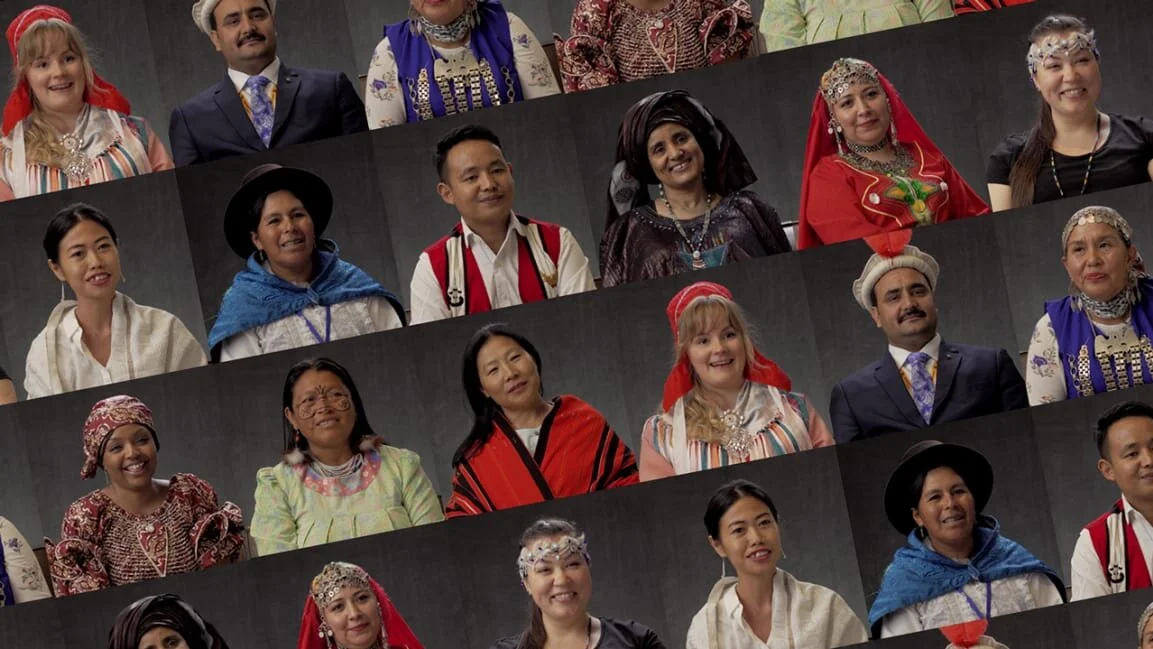Take a Tour of Google Earth With Speakers of 50 Different Indigenous Languages
“It is a human right to be able to speak your own language,” says Tania Haerekiterā Tapueluelu Wolfgramm, a Māori and Tongan person who works as an educator and activist. “You don’t have a culture without the language.”
Unfortunately, though, languages don’t always stick around. Of the 2,680 indigenous languages still spoken today, more than a third are in danger of disappearing. Now a new Google Earth program could help spread some much-needed awareness.
After the United Nations declared 2019 the International Year of Indigenous Languages, Google decided to help draw attention to the indigenous languages spoken around the globe and perhaps help preserve some of the endangered ones too. To that end, the company recently launched its first audio-driven collection, a new Google Earth tour complete with audio recordings from more than 50 indigenous language speakers from around the world.
In the United States, that means Mohawk, Cherokee, Karuk, and Hawaiian; globally there’s Tonga’s Rarotongan, Russia’s Itelmen, Cameroon’s Fulfulde, and Brazil’s Sanöma. By clicking around on the globe, people can hear from the indigenous language speakers, and learn about their languages and a bit about their cultures, too. Like how some languages don’t really have a way of saying “Good morning” or “Hello” because they live in such small communities that everyone knows each other.
Nineteen of the languages included in the Google Earth project are considered vulnerable or at greater risk by Unesco, which has a fascinating language atlas, and four are considered critically endangered.
Unesco notes that it’s nearly impossible to know how many languages have been lost over the course of humanity’s existence, but linguists have calculated that in the United States alone some 115 languages have disappeared in the last five centuries, including the Eyak language from Alaska, which disappeared in 2008, when its last known speaker, Marie Smith Jones, passed away.
Hopefully, technology can help preserve indigenous languages for future generations.


